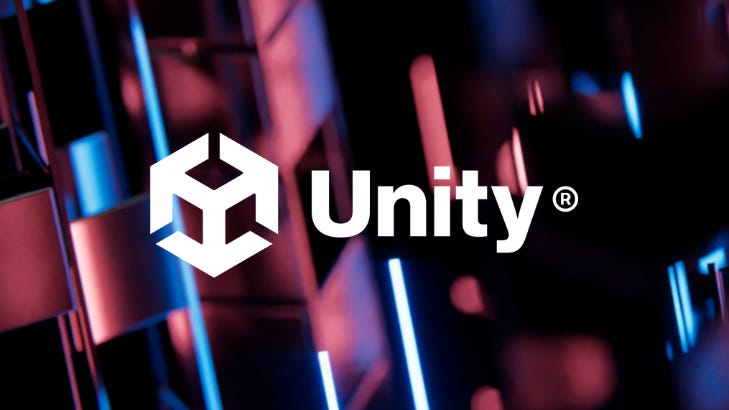Unity are changing how their heavily criticised "runtime fee" works
"I want to start with this: I am sorry."
Unity have announced that they're making changes to their "runtime fee" in response to overwhelming negative feedback. The key changes are that the fees no longer apply to developers using Unity Personal, and will only apply to developers using Unity Pro or Unity Enterprise who upgrade the next version of Unity which ships in 2024.
The announcement came in an "open letter to our community" on the Unity site.
"I want to start with this: I am sorry," writes Unity's Marc Whitten.
"We should have spoken with more of you and we should have incorporated more of your feedback before announcing our new Runtime Fee policy. Our goal with this policy is to ensure we can continue to support you today and tomorrow, and keep deeply investing in our game engine."
Unity announced last week that qualifying developers would be charged a fee, typically around $0.20, the first time a new player installed their game. Developers were immediately critical of the move, in particular the retroactive application of new fees to games made in Unity long ago, as well as for the ambiguous way in which installs would be tracked and of the risk of fraudulent installs - for example, by those pirated the game - costing developers money.
In the days following the announcement, Unity's efforts to clarify the terms and process mostly just made things worse. Several developers announced their intention to stop using the development platform, citing a loss of trust in a company that could introduce retroactive fees at any moment.
This new announcement does walk back many of the core concerns. For example, if you made a game in Unity in the past, and it was still selling well enough to cross the revenue thresholds, you still won't be charged the runtime fee. Instead, only creators who use the long-term support (LTS) version of Unity released in 2024 - or those who upgrade to it - will be charged the fee.
"We will make sure that you can stay on the terms applicable for the version of Unity editor you are using – as long as you keep using that version," Whitten writes in the post.
They also clarify the issues around installs are counted, saying that the figure should be "self-reported from data" developers already have, and offering the option for them to switch from the runtime fee to a 2.5% revenue share instead. "You will always be billed the lesser amount."
The way the fees were structured before, the vast majority of developers would never have had to pay. Developers were frustrated anyway that a change like this could be foisted upon them. Now, the developers who do need to pay are even fewer, and the manner in which they are billed is much clearer, but whether it's enough to repair the trust for anyone, we'll have to wait and see. Personally I wouldn't go anywhere near Unity ever again.

